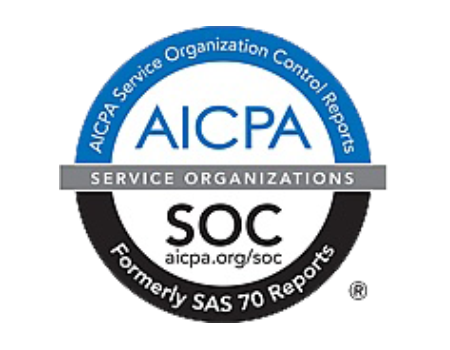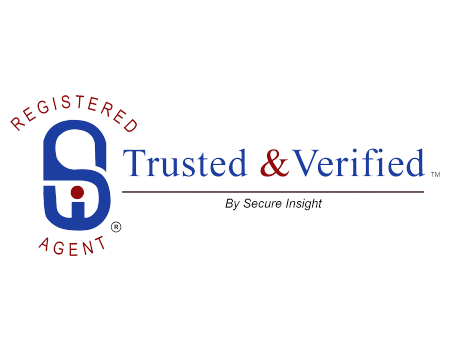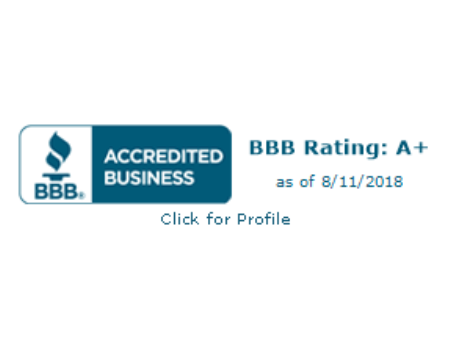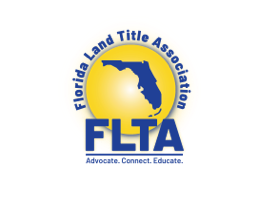About Us
Kriss Law specializes in residential and commercial conveyance. We have built our business on servicing our clients in new and innovative ways. We realize that many see the closing process as a difficult endeavor. At Kriss Law, we aim to simplify it for our clientele. From reasonable fees to our willingness to conduct a closing at a client's convenience, we firmly believe that our service makes us different.
Atlantic Closing & Escrow is a member of the Kriss Law family bringing the firm's philosophy to the national commercial sector, residential lenders, entities providing investor services, and the default arena. Atlantic Closing & Escrow is directly licensed in over thirty states and provides fulfillment in all fifty. A national, independent title agency backed by the resources of several major underwriters, the company offers our clients a personalized, single point of contact.
We realize that many see the real estate closing process as a difficult endeavor.
At Kriss Law/Atlantic, we aim to simplify it for our clientele. From reasonable fees to our willingness to conduct a closing at a client’s convenience, we firmly believe that our service makes us different. No matter who you are or what stage of the process you’re in, we’re here to help you:
Latest News
Read More
April 24, 2024 :This Weekend's Kriss Law/Atlantic On Call Attorney
Read More
April 22, 2024 :NPI: Preventing The Consumer From Becoming Their Own Worst Enemy
Read More
April 17, 2024 :This Weekend's Kriss Law/Atlantic On Call Attorney
Read More
SEE ALL NEWS
Our Reputation

Kriss Law/Atlantic Best Closing Firm 2018

Kriss Law/Atlantic is the MMBA’s Conveyancing Corporate Advisor

Kriss Law/Atlantic Adheres to All SSAE 16 SOC 2 Standards, Ensuring The Highest Level Of Security And Privacy For Our Clients’ Data

Kriss Law/Atlantic Best Closing Firm 2016

Kriss Law/Atlantic Best Closing Firm 2017

Kriss Law/Atlantic Is Certified By Secure Settlements
Kriss Law, LLC conducts residential real estate closings in
MA, CT, and RI.
Atlantic Closing & Escrow, LLC is licensed to issue title insurance policies in AZ, DC, DE, CO, FL, GA, HI, IN, KS, MD, ME, MI, MN, MO, MT, NC, NH, NJ, NY, OH, OK, PA, SC, TN, VA, VT, WI, & WV .
Closings in all other jurisdictions conducted in conjunction with a separate, licensed entity.




